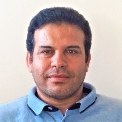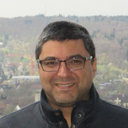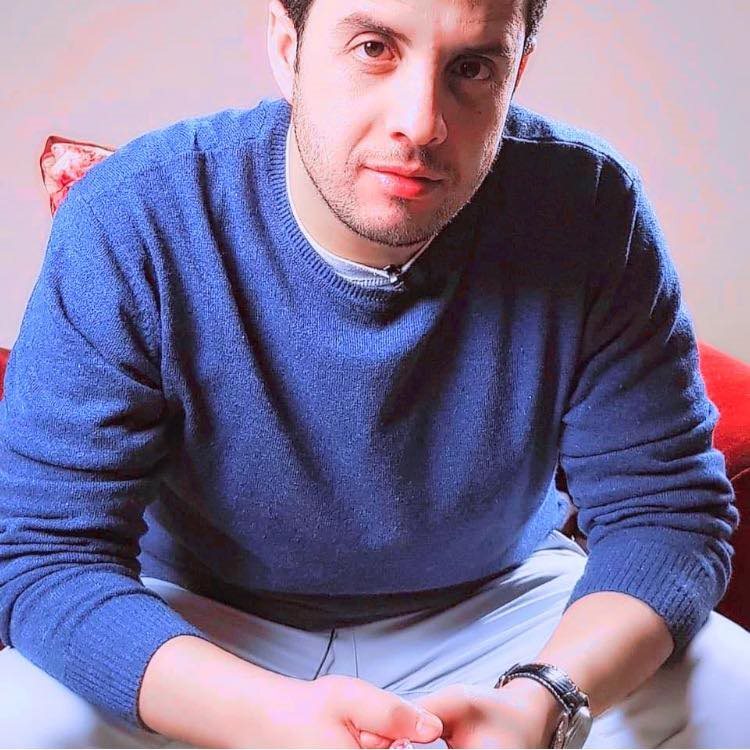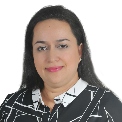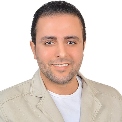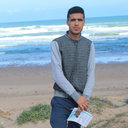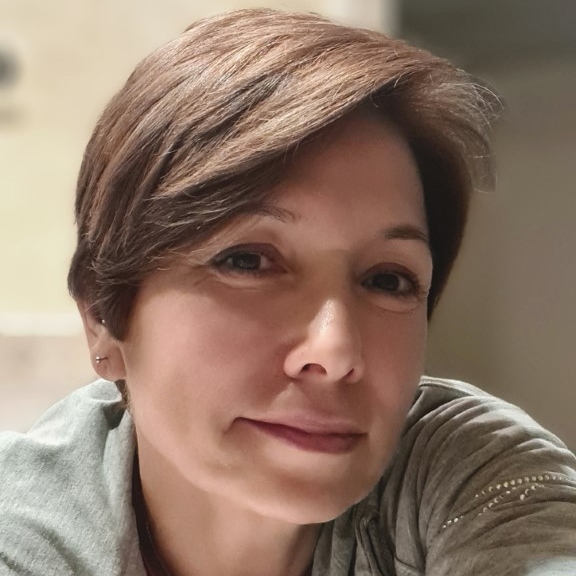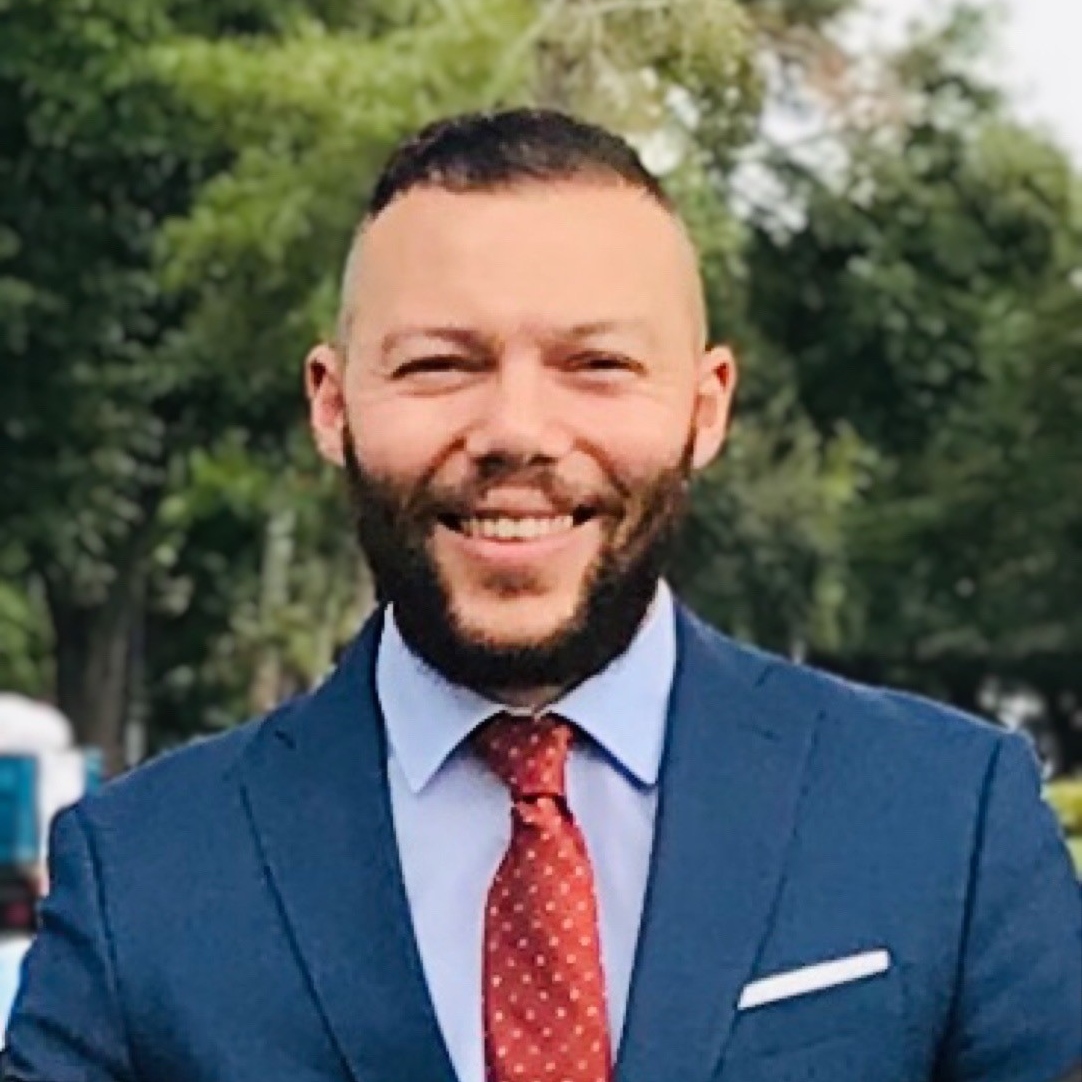Africa grants winners announced!
We’re thrilled to announce that the grants will be awarded to the best final papers submitted to the 39th IAHR World Congress by delegates from African countries and will give the winners the opportunity to join the world-leading community of research and best practice in hydro-environment engineering and enjoy IAHR’s unique benefits. Two types of grants will be awarded to authors from Africa as per the decision of the Evaluation Committee.
Winners of grants
Laboratoire de Géologie Appliquée et Géo-Environnement
Morocco
Laboratoire de Géologie Appliquée et Géo-Environnement
Morocco
Laboratoire des Procédés Pour L’energie Durable et Environnement
Morocco
Laboratory of Modeling in Hydraulics and Environment (LMHE)
Tunisia
National Institute for Research in Rural Engineering, Water, and Forestry
Tunisia
Faculty of Engineering, Alexandria University
Egypt
Hassan II University of Casablanca
Morocco
Hassan II University of Casablanca
Morocco
Egypt-Japan University of Science and Technology
Egypt
High Institute of Public Health, Alexandria University
Egypt
University of Pretoria
University of Eswatini
South Africa
Faculty of Arts and Humanities, Université Mohammed Premier Oujda, Morocco
Ecole Nationale
d'ingénieurs de Tunis
Tunisia
Mahmoud Nasr
Environmental Engineering Department, Egypt-Japan University of Science and Technology, E-JUST, Alexandria, Egypt
GRANT 1:
This grant includes recognition at the IAHR World Congress, a certificate, and a free membership fee for a period of two years which gives access to discounted Congress fees.
Towards sustainable irrigation water management in a Semi-arid Climate: Quantifying Evapotranspiration and Crop coefficient for Citrus orchards Based on Eddy Covariance measurements.
1. Abou Ali A. (Laboratoire de Géologie Appliquée et Géo-Environnement, Fsa - Uiz, Agadir, Morocco).
2. Bouchaou L. (Laboratoire de Géologie Appliquée et Géo-Environnement, Fsa - Uiz, Agadir, Morocco).
3. Er-Raki S. (Laboratoire des Procédés Pour L'energie Durable Et Environnement, Fst - Uca, Marrakech, Morocco).
Assessment of groundwater recharge rates under projected climate change in arid and semiarid.
4. Fairouz Slama (Laboratory of Modeling in Hydraulics and Environment (LMHE). Tunisia).
5. Hammouda Dakhlaoui (National Institute for Research in Rural Engineering, Water, and Forestry. Tunisia).
6. Emna Gargouri-Ellouze (Laboratory of Modeling in Hydraulics and Environment (LMHE). Tunisia).
Assessment of Bahr el Ghazal swamps characteristics in South Sudan using remote sensing technique.
7. Amgad Mansour (Irrigation Engineering and Hydraulics Department, Faculty of Engineering, Alexandria University, Egypt).
8. Nesma Adwy (Irrigation Engineering and Hydraulics Department, Faculty of Engineering, Alexandria University, Egypt)
9. Hossam M. Moghazy (Irrigation Engineering and Hydraulics Department, Faculty of Engineering, Alexandria University, Egypt).
Prospect analysis of inter-sectoral Water Reallocation in the Moroccan economy
10. Ikram Samih (Laboratory of Process and Environmental Engineering, Faculty of Sciences and techniques, Hassan II University of Casablanca, Mohammedia, Morocco).
11. Dalila Loudyi (Laboratory of Process and Environmental Engineering, Faculty of Sciences and techniques, Hassan II University of Casablanca, Mohammedia, Morocco).
Optimal Solution for Increasing Groundwater Pumping by Integrating MODFLOW-USG and Particle Swarm Optimization Algorithm: A Case Study of Wadi El-Natrun, Egypt.
12. Ahmed M. Saqr (Environmental Engineering Department, Egypt-Japan University of Science and Technology, E-JUST, Alexandria, Egypt).
13. Mahmoud Nasr (Environmental Engineering Department, Egypt-Japan University of Science and Technology, E-JUST, Alexandria, Egypt).
14. Mona G. Ibrahim. (Environmental Health Department, High Institute of Public Health, Alexandria University, Alexandria, Egypt).
Identification of the Potential Sites for Rainwater Harvesting Structures as an Adaptation to Drought Emergencies in Eswatini
15. Lungile Senteni Sifundza (University of Pretoria, Pretoria, South Africa; University of Eswatini, Kwaluseni, Eswatini).
16. Heinz Beckedahl (University of Pretoria, Pretoria, South Africa; University of Eswatini, Kwaluseni, Eswatini).
Classification of Groundwater Vulnerability to Olive Oil waste of El-Orjane Aquifer, Central Moulouya Basin, Morocco Using the DRASTIC Model.
17. Mustapha Amiri (Geomatics and soil management laboratory, Faculty of Arts and Humanities, Université Mohammed Premier Oujda, Morocco).
18. Ali Salem (Civil Engineering Department, Faculty of Engineering, Minia University, Minia 61111, Egypt).
Evaluation of a Reliable Method for Flash Flood Hazard Mapping in Arid Regions: Case Study of the Gulf of Suez, Egypt.
19. Mahmoud M. Mansour (Civil Engineering Department, Faculty of Engineering, Menoufia University, Egypt).
20. Mahmoud Nasr (Civil Engineering Department, Faculty of Engineering, Menoufia University, Egypt).
GRANT 2:
This grant includes recognition at the World Congress, a certificate, a free membership fee for a period of two years, as well as a free registration to attend the 39th IAHR World Congress.
1. Abou Ali A. (Laboratoire De Géologie Appliquée Et Géo-Environnement, Fsa-Uiz, Agadir, Morocco).
2. Fairouz Slama (Laboratory of Modeling in Hydraulics and Environment (LMHE). Tunisia).
3. Amgad Mansour (Irrigation Engineering and Hydraulics Department, Faculty of Engineering, Alexandria University, Egypt).
4. Ikram Samih (Laboratory of Process and Environmental Engineering, Faculty of Sciences and techniques, Hassan II University of Casablanca, Mohammedia, Morocco).
Evaluation Comittee
A committee formed by the following members will review the final papers submitted by delegates coming from Africa and make a unanimous decision.
• Agustín Millares. Chair of the Evaluation Committee, Organising Group 39th IAHR World Congress
• Amparo López. Chair of the IAHR Membership Committee and IAHR Vice-President
• Dalila Loudyi. Member of the Middle East and North Africa (MENA) Collaborating Committee
• David Stephenson. Past Chair of the IAHR Africa Division
• Modupe Olufunmilayo Jimoh. Ambassador Member of the IAHR Africa Division
• Moez Louati. Chair of the IAHR Africa Division
• Rob Ettema. Chair of the International Scientific Committee, 39th IAHR World Congress and IAHR Vice-President
Evaluation criteria
The evaluation criteria will be based on the relevance and quality of the paper and the following aspects:
• Is the paper clearly structured and scientifically sound?
• How well does this contribution fit into the session it is submitted to
Awardees must be registered participants and confirm their attendance at the Congress.
Key dates and deadlines
• Abstract submission deadline: 15 November 2021
• Abstract authors notification: 20 December 2021
• Final paper submission deadline: 24 February 2022
• Final paper notification deadline: 31 March 2022
• 39th IAHR World Congress: 19-24 June 2022



